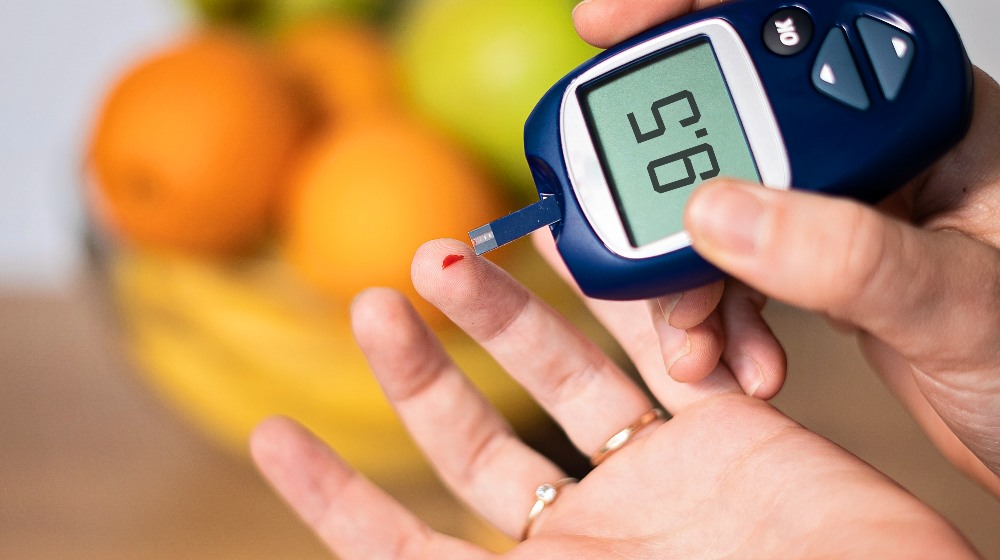How to Increase Insulin Sensitivity Naturally | 9 Natural Ways to Improve Insulin Sensitivity
Learning how to increase insulin sensitivity naturally is one of the most important things you can do for your health. This is because low insulin sensitivity may lead to health problems, such as diabetes and heart disease.
Thankfully, there are simple things you can do to improve this sensitivity. Here are 9 activities you can incorporate into your diet and lifestyle to help your cells respond to insulin effectively.
RELATED: Insulin Resistance | How to Control Insulin Resistance
9 Simple Ways to Increase Insulin Sensitivity Naturally
Click here to jump to the infographic

About Insulin Sensitivity
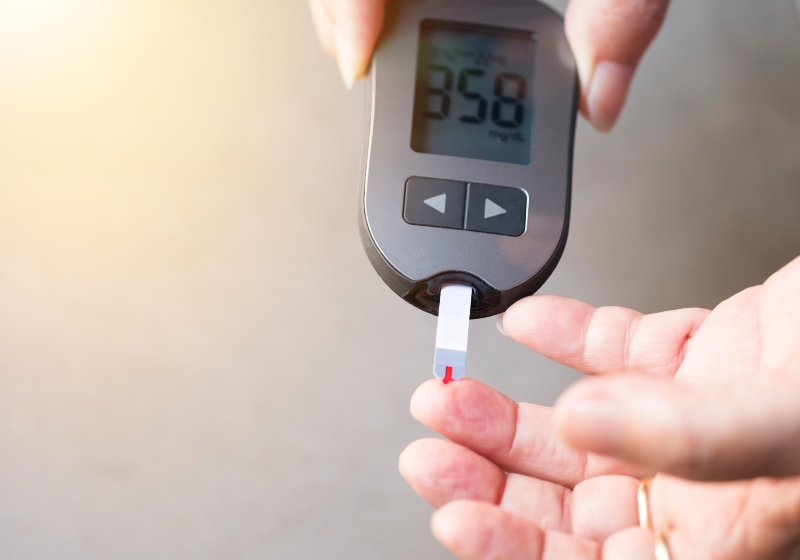
Insulin is a key hormone that's produced in your pancreas. It manages the level of glucose or sugar in your blood. It helps carry sugar from your bloodstream into your cells. Then, it lets your cells to use this sugar for energy in order to reduce the sugar levels in your blood.
Insulin sensitivity pertains to how well your cells respond to insulin. To be specific, it refers to the amount of insulin that needs to be made, so that your body can keep healthy levels of blood glucose.
You're considered insulin sensitive if your body needs to produce only a small amount of insulin to decrease your blood glucose levels. Meanwhile, you're insulin resistant if your body needs to make a lot of insulin to lessen your sugar levels.
When you have low insulin sensitivity, you're insulin resistant. This is because your cells can't absorb as much sugar. They can't efficiently use insulin, which then leads to elevated blood sugar and diabetes.
Remember–the more resistant your body is to insulin, the less sensitive you are to this hormone. And the more insulin sensitive you are, the easier for you to maintain healthy blood sugar levels.
How to Increase Insulin Sensitivity Naturally | Lifestyle
1. Ease Stress

Stress has an impact on your health and wellness, including your body's ability to control blood glucose levels.
When you're stressed, your body shifts into a “fight-or-flight” mode. This response triggers the release of hormones, such as cortisol, catecholamines, and prolactin.
When your stress hormone levels are high, your blood glucose levels also suddenly rise.
However, stress hormones make it hard for insulin to function properly. This is why prolonged and constant stress is linked with insulin resistance.
So, make some time for mental breaks and do activities, such as:
- Meditation
- Spending time with your loved ones
- Pursuing your hobby
- Yoga
These may help relieve your stress and increase your insulin sensitivity naturally.
2. Improve Your Sleep

Sleep allows your mind and body to recharge so you'll feel alert and energized upon waking up.
On the other hand, consistent lack of sleep can lower your insulin sensitivity and increase your risk of developing diseases. It can affect your body's ability to manage its blood glucose levels.
For instance, a study reveals that people who had only four hours of sleep had lower insulin sensitivity compared with those who had more than eight hours of sleep.
Thankfully, catching up on sleep can improve your insulin sensitivity.
Another research shows that people who extended their sleep by an hour for six weeks increased their insulin sensitivity.
Therefore, revisit your current sleep habits. Try to get at least seven hours of sleep every night, and stick with a fixed wake-up time and bedtime. Following a consistent schedule can fix your body's internal clock and lead to better quality of sleep.
3. Start Exercising

Increasing your physical activity levels is one way to increase insulin sensitivity naturally.
When you move, you get to use some sugar in your blood. Glucose is transported into your muscles, bringing your blood sugar levels into a normal range. This stimulates an instant spike in insulin sensitivity. This lasts from two hours up to two days, depending on your exercise.
A study shows that one hour of cycling at a moderate pace can improve insulin sensitivity for two days.
Another exercise that you can perform is resistance training. This can increase your insulin sensitivity even if you're overweight and whether you have diabetes or not. In fact, a research reveals that doing resistance training for three months increased the insulin sensitivity of overweight men without diabetes.
Pro Tip: Combining both resistance training and aerobic exercise appears to be the most effective way to increase your insulin sensitivity.
How to Increase Insulin Sensitivity Naturally | Diet
4. Reduce Your Carb Intake
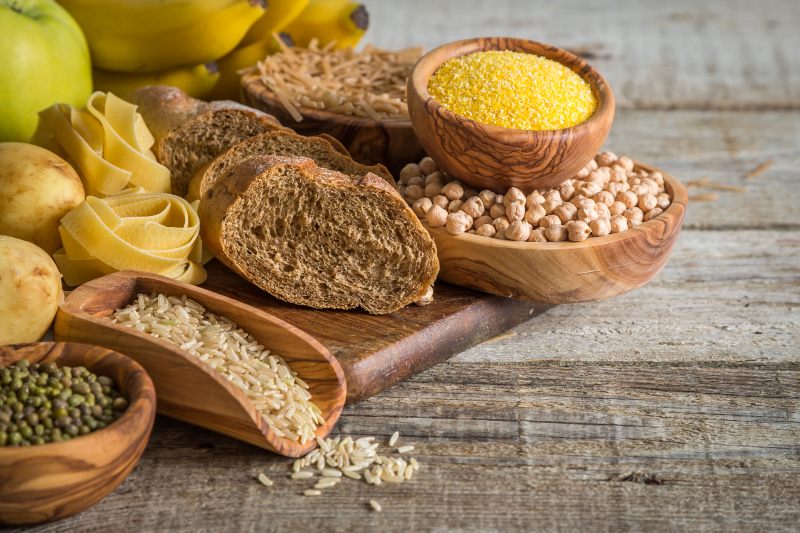
When you eat carbs, your body converts them into sugar, then this sugar enters your bloodstream. Your pancreas releases insulin to carry the sugar from your bloodstream into your cells.
When you consume a high-carb diet, you're making it harder for your pancreas to eliminate sugar from your bloodstream. As an effect, your blood glucose levels rise.
Cutting down on your carb intake can help increase your insulin sensitivity. Alternatively, you may evenly spread your carb consumption within the day.
You may also eat carbs in small amounts to feed your body with less sugar. This way, you're making the insulin's work easier.
RELATED: High Triglycerides and Pancreatitis | What Causes Hypertriglyceridemia and How to Fix It
5. Eat Soluble Fiber
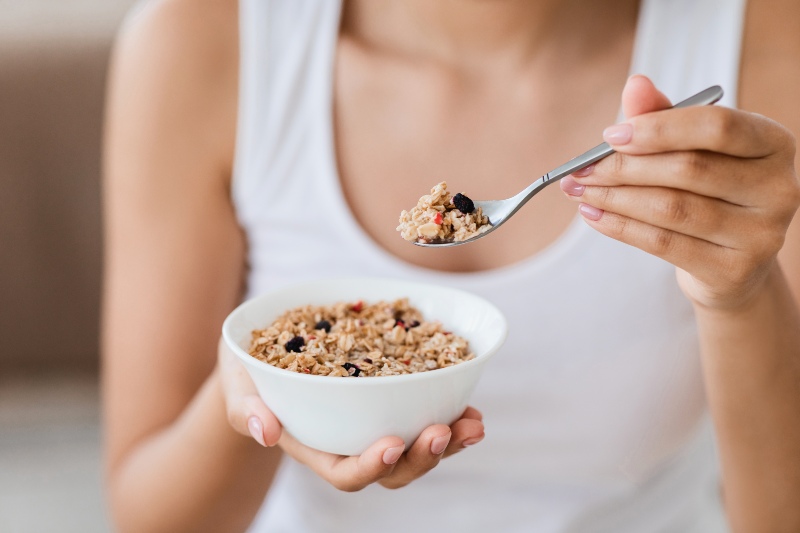
Fiber can be categorized into two–soluble and insoluble.
Insoluble fiber helps your stool pass through your bowels. On the other hand, soluble fiber suppresses your appetite and manages your cholesterol levels.
Soluble fiber is derived from plants. Your body can't break down this type of carb. As a result, it doesn't cause an increase in your blood sugar levels.
A study shows that a high-soluble fiber diet can increase your insulin sensitivity. Soluble fiber has prebiotic properties, which increase the healthy bacteria in your gut, and in effect, improve your insulin sensitivity.
Add these foods that contain high soluble fiber to your diet:
- Flaxseeds
- Legumes
- Brussels sprouts
- Oatmeal
- Oranges
6. Drink Green Tea

Green tea is more than your average beverage.
A study finds that drinking green tea can lower your blood sugar levels and increase your insulin sensitivity.
This is because green tea contains a powerful antioxidant called epigallocatechin gallate or EGCG. This antioxidant is believed to be the one responsible for improving your insulin sensitivity.
7. Eat More Fruits and Veggies

Fruits and vegetables offer countless benefits to your health. Those that are colorful contain plant compounds that are rich in antioxidants.
Antioxidants neutralize free radicals, which are unstable atoms that can cause damage to your cells. Keep in mind that when your cells are damaged, they're unable to effectively utilize insulin.
When you consume foods that are rich in plant compounds, you're supporting your insulin sensitivity. The nutrients found in these foods don't only keep optimal cellular health, they also maintain healthy blood sugar levels.
So, include these options in your diet to regulate your insulin and blood glucose:
- Greens, including cabbage, collards, spinach, and kale
- Cruciferous vegetables, like broccoli and cauliflower
- Fruits, such as peaches, grapes, apples, plums, and berries
8. Cut Down on Added Sugar

Added sugars are different from naturally occurring sugars.
Natural sugars are derived from whole, unprocessed foods, such as veggies and plants. This type provides essential nutrients for your health.
Meanwhile, added sugars are found in ultra-processed foods. They come in different names, such as:
- Corn syrup
- Fruit nectars
- Honey
- Maltose
- Cane juice
- Fructose
- Malt syrup
- Molasses
- Maple syrup
- Sucrose or table sugar
A study shows that too much consumption of added sugars can elevate insulin resistance. So, watch out for foods that are high in this type of sugar, including:
- Cakes
- Candies
- Cookies
- Sugar-sweetened beverages
- Pastries
How to Increase Insulin Sensitivity Naturally | Dietary Supplements
9. Take Supplements

Taking natural supplements is another way to increase your insulin sensitivity naturally. This concept is relatively new, but it's science-backed.
There are various supplements on the market, but the following are the ones that show the most consistent evidence:
-
- Berberine: This is a chemical found in various herbs. Studies show that it can increase insulin sensitivity. This plant molecule is also helpful in maintaining healthy blood glucose levels in individuals with polycystic ovary syndrome (PCOS).
- Chromium: This is a trace mineral that helps in the breakdown of carbs and fats. Studies reveal that taking chromium supplements can enhance your insulin receptors in lowering your blood glucose levels.
- Magnesium: This is a mineral that helps manage your blood sugar. Research shows that taking magnesium supplements can significantly increase the insulin sensitivity of individuals with or without diabetes.
- Resveratrol: This is a chemical that occurs in red grapes and berries. A study finds that this plant compound can increase insulin sensitivity and glucose control, particularly in people with type 2 diabetes.
Here's an infographic guide that you can use. Feel free to download, save and share it with your loved ones:

Check out this video by JigsawHealthTV to learn more about insulin sensitivity and insulin resistance:
Insulin is an essential hormone, as it plays crucial roles in your body.
When you have low insulin sensitivity, your pancreas are pressured to produce insulin to balance your blood sugar levels.
By following the ways listed above, you're taking steps to increase your insulin sensitivity. However, keep in mind to consult your doctor first before taking any supplements for insulin resistance and insulin sensitivity. As with all medications, there's a risk that these supplements may interact with your other medicines.
Do you know of other natural ways to restore your insulin sensitivity? Please share your ideas with us in the comment section!
Up Next:
- Ashley Wiens Eating Habits, Hormones & Health [PODCAST]
- Do Hormones Stop Us From Losing Fat? | Real Talk Friday [PODCAST]
- Testicular Cancer Survivor, Matt Ode, Shares His Story of Hope, Purpose, and “Winning the Day” [PODCAST]
Please stay connected with us on Facebook, Twitter, Instagram, and Pinterest, and make sure to join our community of healthy living and minded people here.
Trending
Tongue Color | 7 Scary Tongue Color Meanings
Lecithin Benefits and Side Effects: 10 Surprising Truths
Get Updates
SIGN UP FOR OUR NEWSLETTER TODAY

Tongue Color | 7 Scary Tongue Color Meanings
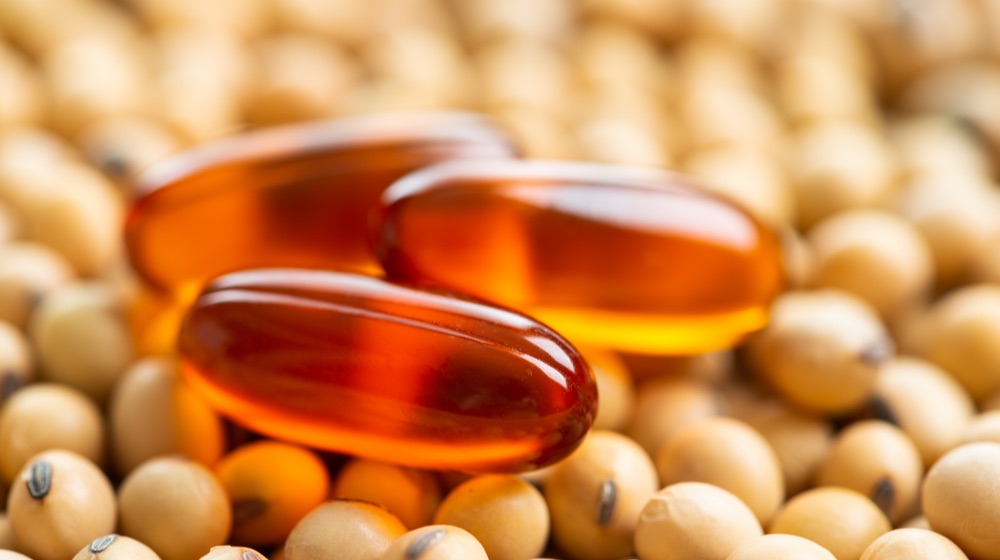
Lecithin Benefits and Side Effects: 10 Surprising Truths
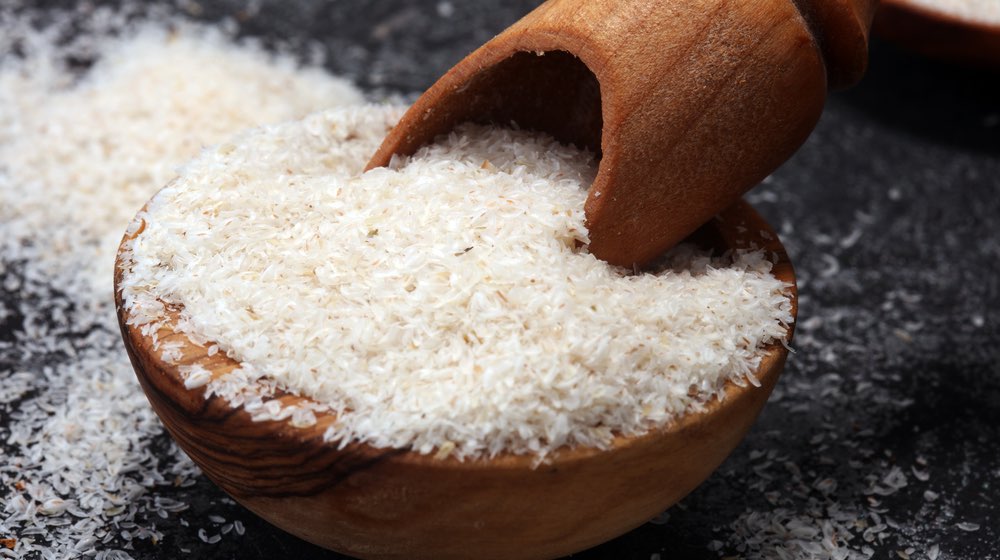
Related

Tongue Color | 7 Scary Tongue Color Meanings

